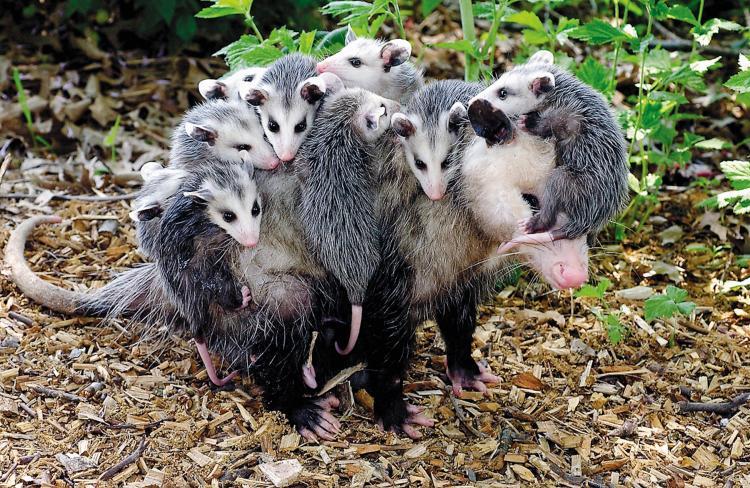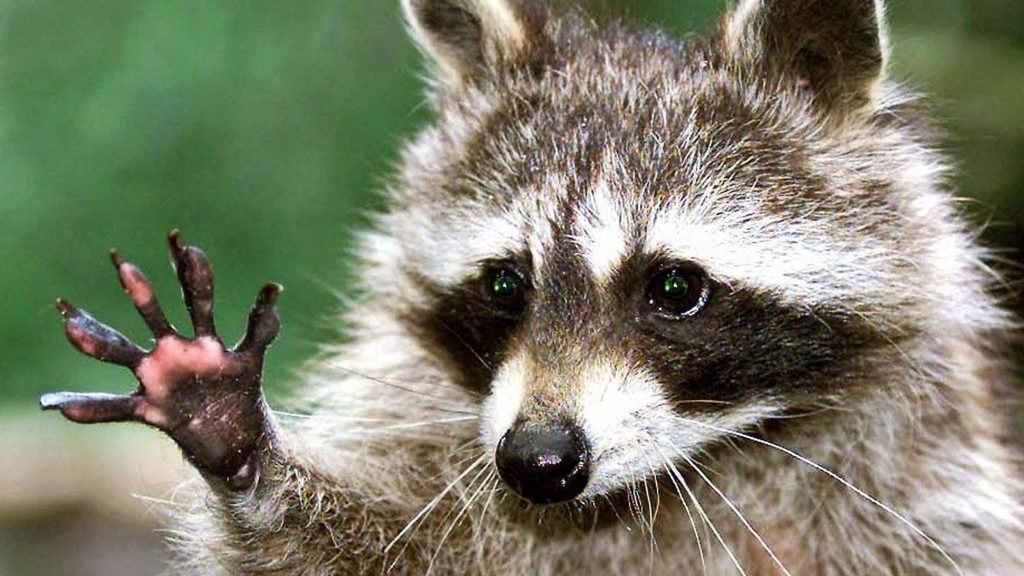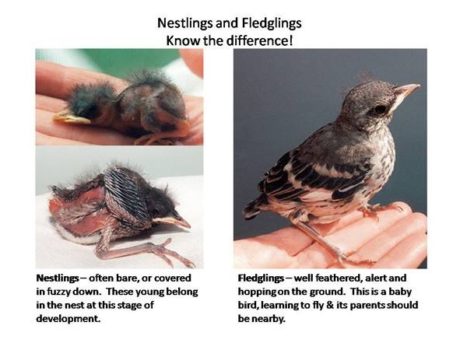Florida Wildlife
At Woodland Wonders, we have seen all sorts of
furry, feathery and scaly critters come through our doors over the years!
Below are a few animals you can encounter in Florida and common rehab related
questions you may have. Be sure to click the “learn more” button by each animal to
learn all about their history, life style, diet, habitat and more!
Opossum

Size: 8-12 pounds
Life Span: up to 4 years
Diet: Anything! They are omnivorous scavengers.
Does he need my help?
Opossums can play dead, so give him the opportunity to “wake up” without you insight. Opossums are marsupials, meaning young are carried in the mom’s pouch. Check a deceased opossum’s underside for babies.
Raccoon

Size: 10-20 pounds
Life Span: 2-4 years in the wild, 10+ in captivity
Diet: Anything! They are omnivorous opportunists.
Does he need my help?
Injured raccoons should be handled with extreme caution. Generally, if a baby raccoon can run from you, he is not in need of our help to survive.
Rabbits

Size: 1.5-3 pounds
Life Span: 2-3 years in the wild, up to 10 in captivity
Diet: Herbivores
Does he need my help?
Rabbits leave their young for hours at a time, often only visiting them twice a day. If you stumble upon uninjured young rabbits, leave them alone. Watch the nest from afar and wait for mom to return. Young rabbit are very hard to raise in captivity. Their best chance of survival is to stay with mom.
Bats
There are 13 native bat species in Florida, and random sightings of 7 nonnative species of bats. Bats are a vital part of Florida’s ecosystem, but face many challenges to survive. Click here to see how you can help bats thrive in Florida.

Size: varies between bat species, anywhere from 4 to 47 grams
Life Span: varies between species
Diet: Insectivores
Does he need my help?
If you find an injured bat or a young bat you believed to be injured, use protective gloves to handle the animal.
Song Birds

Size: varies between species
Life Span: varies between species
Diet: Insects, seeds, berries, nectar, etc.
Does he need my help?
If you find a nestling, look around for his nest. Put him back in the nest and observe from afar for a parent to return. Most birds will accept their young even after being touched. If a parent does not return after several hours, bring him to a rehabber.
If you see a fledging, as long as they are in a safe area, leave them be. Parents should be near by. If a parent does not return after several hours, bring him to a rehabber.
